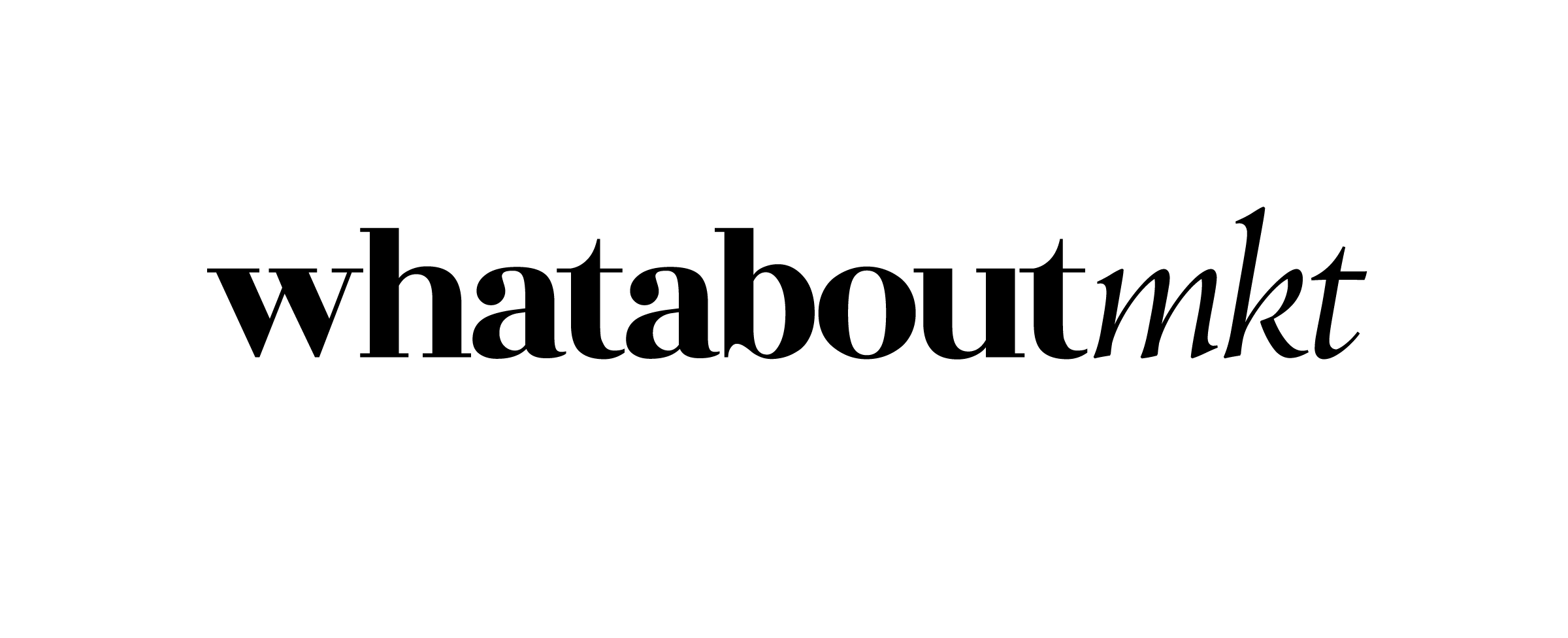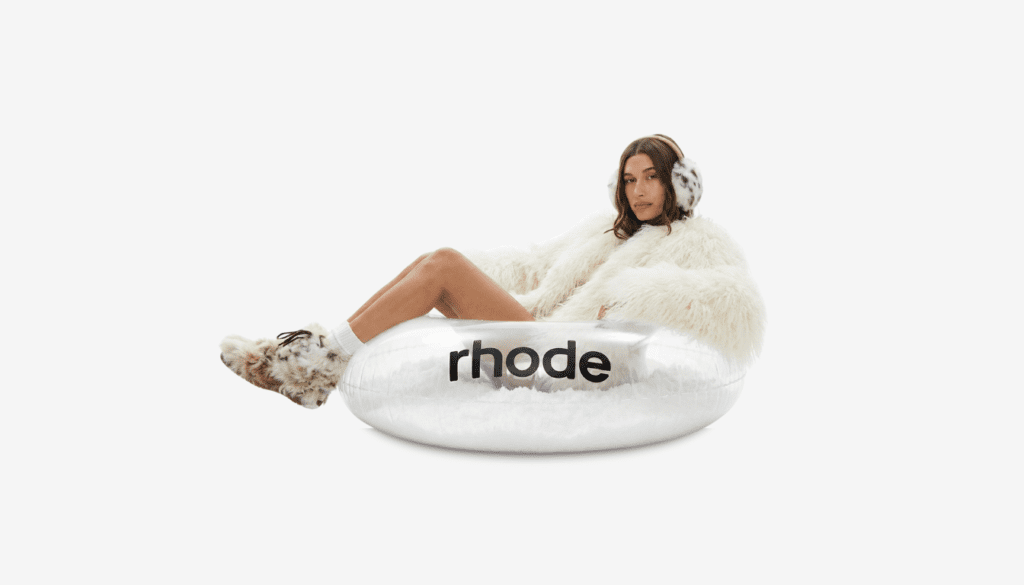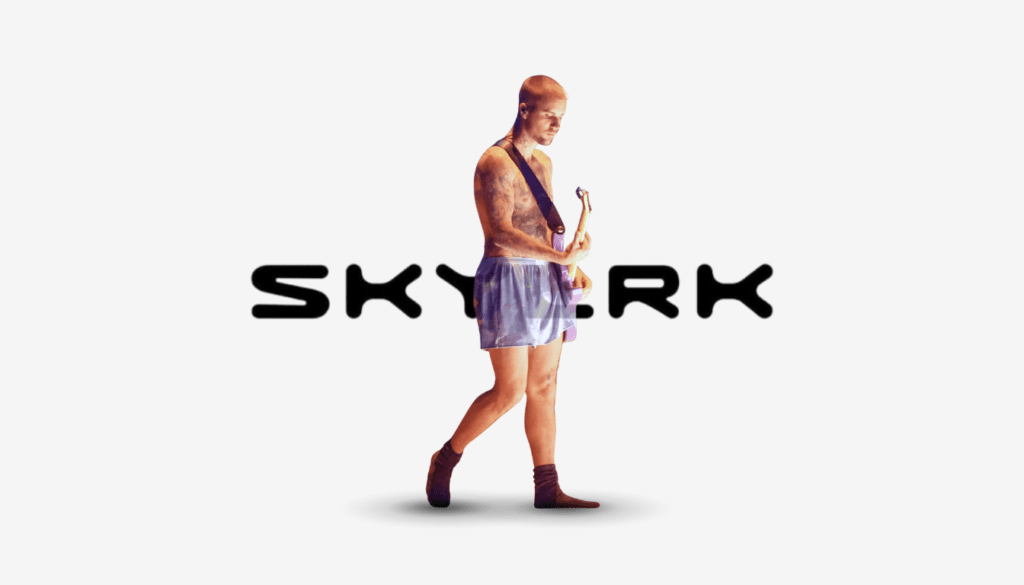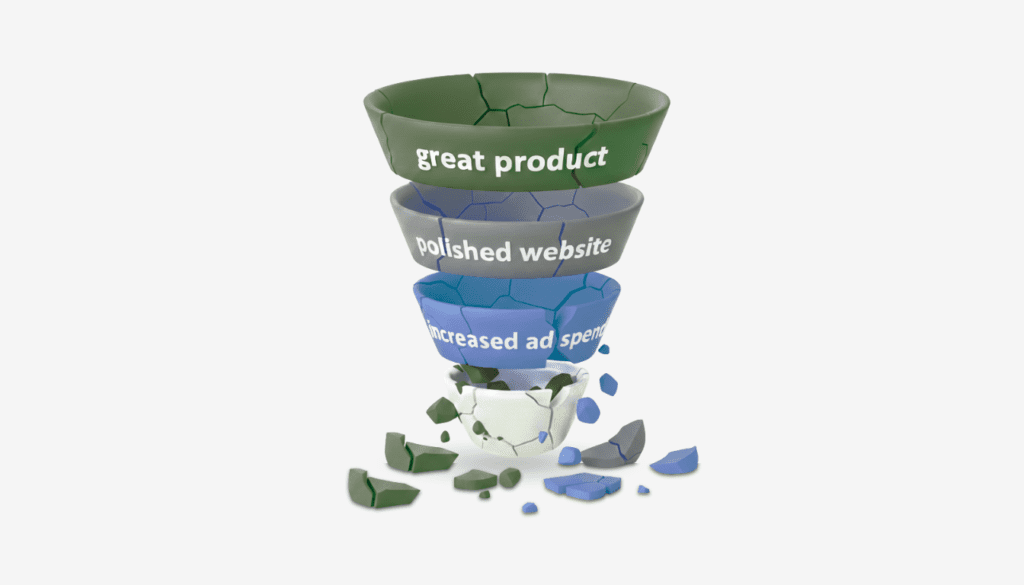The digital age, with its ubiquitous social platforms and the pervasive nature of personal data, has inadvertently created an unexpected craving: the desire for anonymity. While for years, the marketing playbook emphasized transparency, influencer endorsements, and the relentless showcasing of individual personalities, a profound shift is now underway. We are witnessing the rise of the “anonymous is the future” paradigm, a strategic pivot that prioritizes concept, craft, and collective resonance over individual celebrity.
Beyond the Face, A New Aesthetic Emerges
The visual cues are already unmistakable. We see campaigns embracing blurry imagery, lo-res videos, and the striking use of masks on the runway. This isn’t a lack of effort; rather, it’s a deliberate artistic choice designed to de-emphasize the individual and redirect attention to the core message or product. In an era where every moment is curated for public consumption, this veiled aesthetic provides a refreshing, almost rebellious, contrast. It invites the audience to engage with the brand on a more conceptual level, free from the often-distracting influence of a public persona.
This trend finds deep roots in the fashion world, particularly with the enduring legacy of Martin Margiela. His unwavering commitment to remaining unseen, allowing his groundbreaking designs to speak for themselves, was revolutionary. Models often wore masks or had their faces obscured, and Margiela himself famously refused to grant interviews or take a bow after shows. This deliberate anonymity wasn’t a marketing gimmick; it was a philosophical stance that elevated the artistry above the artisan, fostering an almost cult-like devotion among those who understood and appreciated his vision. Fast forward to today, and we see this ethos brilliantly resurrected. Glenn Martens, at Diesel and through his continued influence, has revived the iconic full-face masks, originally designed by Matthieu Blazy during his tenure at Margiela, to immense global acclaim. This isn’t mere nostalgia; it’s a powerful affirmation that the allure of the unknown, the focus on the product’s intrinsic value, resonates deeply with contemporary audiences.
A Catalyst for Change
The current landscape of “fame” has arguably lost its luster. What was once seen as an achievement earned through sheer talent, dedication, and consistent effort can now be obtained through a single viral post. This democratization, while empowering in some respects, has also diluted the very essence of what it means to be famous. Furthermore, the ability to be “verified” on social media for a nominal fee has stripped this coveted blue checkmark of its former prestige, transforming it from a symbol of authenticity into a mere transaction.
Consequently, many individuals are naturally gravitating towards anonymity, perceiving it as a more authentic and less burdensome alternative to the relentless demands of public life. This rejection of superficial recognition paves the way for a marketing approach that values substance over spectacle. When the pursuit of fame becomes a commodity, the desire to remain unidentifiable emerges as a more meaningful aspiration, leading to a new consumer psychology that brands must understand and adapt to.
The Dawn of Anonymous Social Spaces
Looking ahead, it’s increasingly probable that the next wave of major social media platforms will be built upon this very principle of anonymity. We are already seeing prototypes emerge, focusing on localized communities and shared interests rather than individual profiles. These platforms could foster genuine interaction and unfiltered expression, where the content itself and the collective experience take precedence over the identity of the poster.
This shift will necessitate a reevaluation of marketers’ engagement strategies. Instead of targeting individuals based on exhaustive data profiles, the focus will pivot to understanding collective behaviors, niche community dynamics, and universal human desires. Behavioral AI, rather than personal identification, will become the cornerstone of understanding anonymous users, enabling personalized experiences without compromising privacy. This is an era where trust is built not on knowing everything about a consumer, but on respecting their desire for privacy and delivering value without demanding their identity in return.
Reimagining Brand Connection: Trust in the Unseen
The “anonymous is the future” trend is not a retreat from connection, but rather a redefinition of it. For brands, it offers a compelling opportunity to forge deeper, more authentic relationships with consumers. When a brand steps back from overtly personality-driven marketing, it allows its core values, product quality, and unique narrative to shine through. This fosters a sense of intrigue and exclusivity, attracting those who are genuinely interested in the brand’s essence, rather than merely its superficial appeal.
In a world increasingly wary of data collection and hyper-personalization, an anonymous approach can paradoxically build greater trust. By demonstrating a commitment to consumer privacy and focusing on the inherent value of their offerings, brands can cultivate a loyal following based on genuine appreciation and shared principles. The future of marketing may not be about being seen, but about understanding the profound power of being subtly, intelligently, and authentically present.









